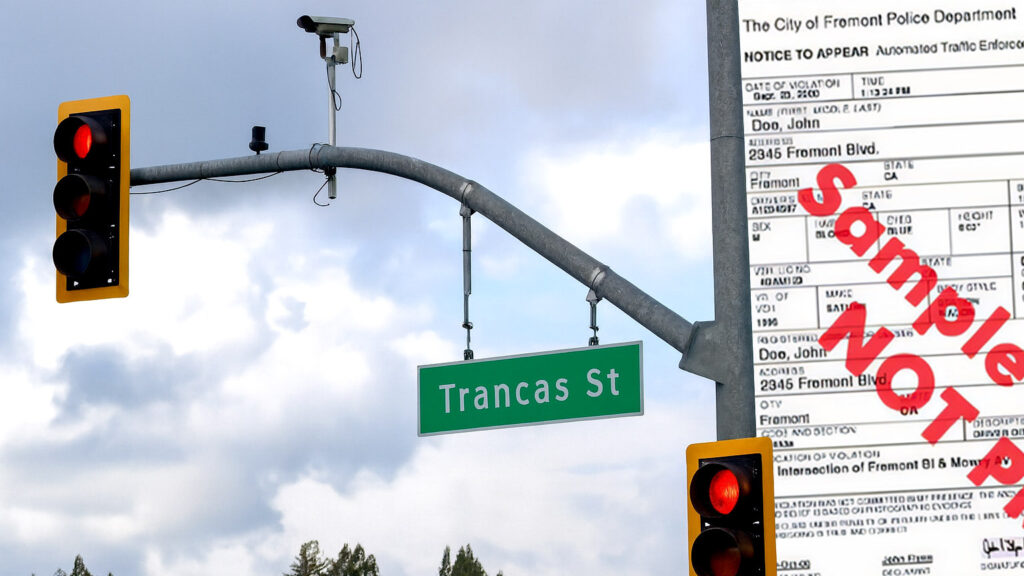Your Car Could Get A Ticket In California Even If You’re Not In It

- Bill SB720 would revive red-light cameras across California after years of absence.
- Law would fine vehicle owners instead of identifying the actual driver behind the wheel.
- Fines would drop from $500 to $100 and stop them from being moving violations.
The city of Sacramento scrapped its red-light camera program in 2024, but it might not stay gone for long. The system could make a comeback in an unusual form, one that shifts responsibility from the driver to the vehicle’s registered owner.
In this scheme, it’s the person whose name is on the registration who receives the ticket, not necessarily the one behind the wheel. While that might not sound that fair, as another individual could actually be to blame for the violation, the fines would drop compared to before and the penalty would switch from a criminal to a civil one.
A Costly Experiment
When the city ended the program a year or so ago, it did so because it said it was ineffective and cost too much. Now, however, state officials say that red-light fatalities are reaching a 10-year high. As a result of that and other factors, Senator Angelique Ashby introduced SB720.
More: SF Launches California’s First Fixed Speed Cameras, Fines Scaled By Income
Under this proposal, red-light cameras would go back to work and the city could issue penalties without having to identify the driver. Instead, the owner of the vehicle would end up with a ticket in the mail based on the license plate.
The bill would also drop the current $500 criminal fine for running a red light to a $100 civil one. In other words, those found guilty wouldn’t need to go to traffic school, deal with points on their license, or any changes to their insurance.
Proponents say this approach will reduce penalties and simplify enforcement without being overly burdensome to everyday motorists.

Unintended Consequences
At the same time, it’s worth noting that some states using similar civil systems have struggled with enforcement. Over time, certain drivers have racked up tens of thousands of dollars in unpaid fines, leaving agencies chasing debts that rarely get resolved. Those same persons sometimes continue to drive because the penalties aren’t criminal, so there’s no legal basis to take their license away.
If the bill is signed into law by the governor, Sacramento and other California cities could revive their red-light camera programs, with all revenue funneled directly into local safety improvements such as upgraded crosswalks and new bike lanes.
It remains to be seen whether a balance between fairness, enforcement, and funding can be achieved after all.
Sources: California Gov, CBS News
The Auto World
Comments
Post a Comment